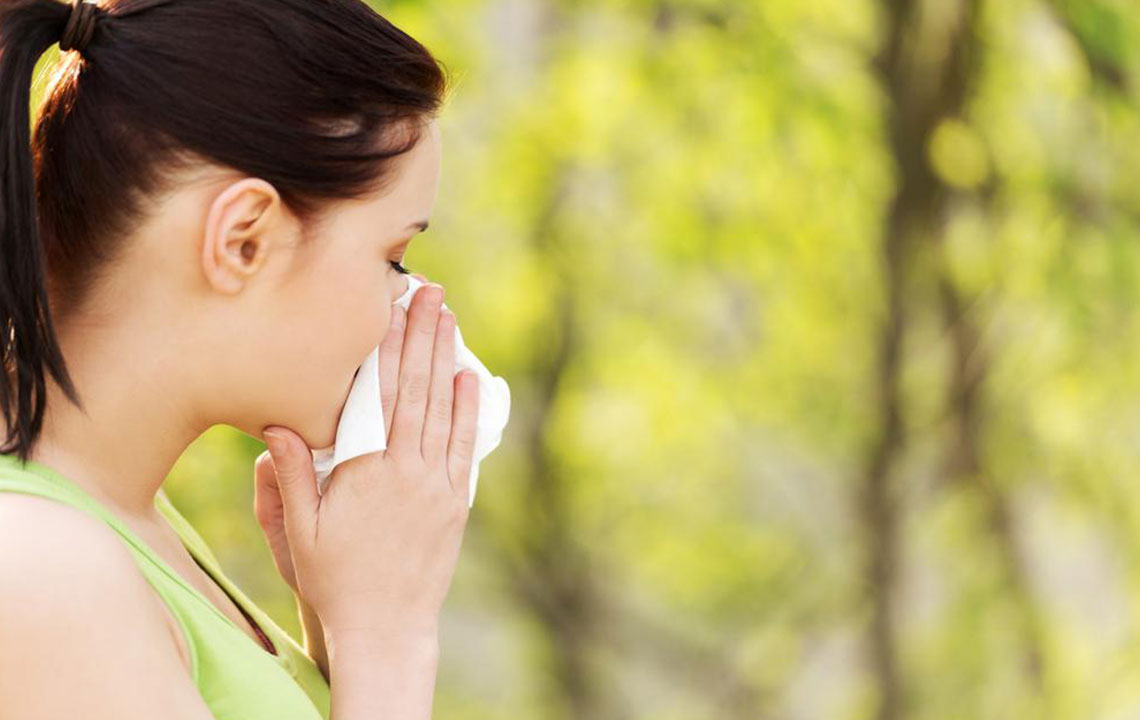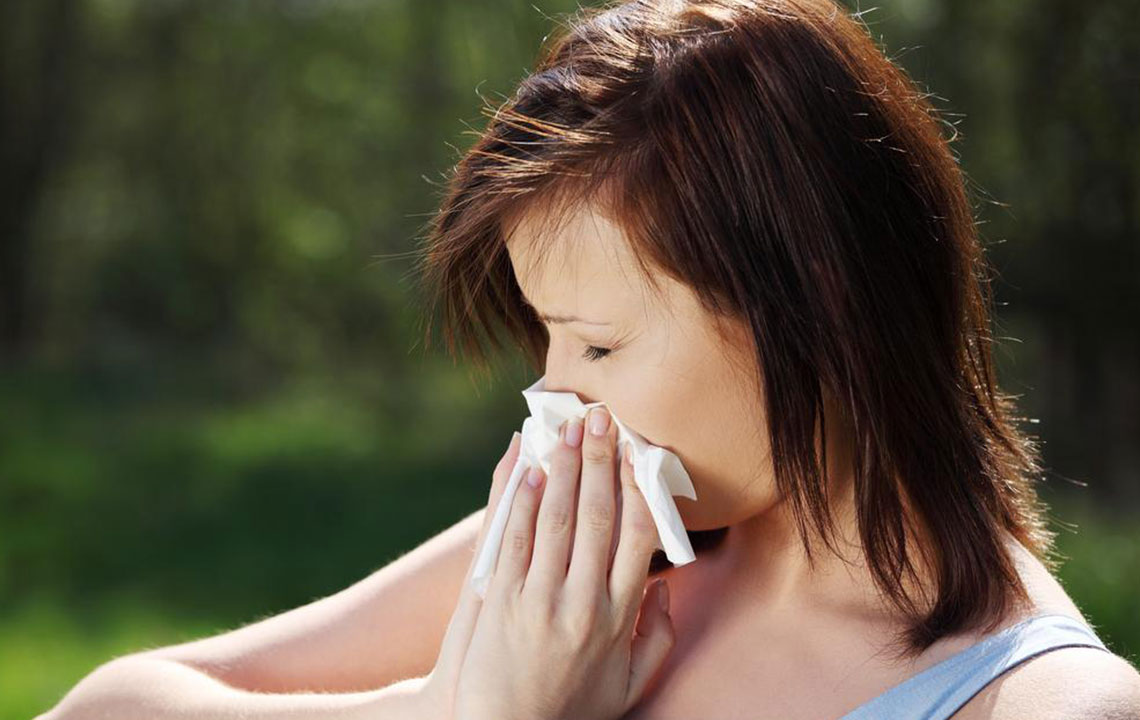All You Need to Know about Allergy Cough Symptoms and Treatments
A reflex caused by stimulation of lining of throat, nose, voice box, lungs, and other respiratory parts, cough is a normal defense mechanism of the body to try and eliminate the effect caused by the allergen. Coughs can be annoying and disruptive and can have underlying causes. One of them could be allergies. If you have been coughing for a week, the causes might be more than cold and flu.

When suffering from allergy cough symptoms, the underlying cough symptoms are same as other cough-related infectious illness. Irrespective of the symptoms, which could be due to allergy or due to some other medical condition, cough begins when the nerve endings in the airways detect some disturbance. The disturbance then relays those signals to the brain to make it aware that something is wrong with the respiratory system. Once the brain detects and processes the signal, it sends a chemical signal back to the throat and initiates a cough. Read on to know more about the allergy cough symptoms.
- When suffering from allergy cough symptoms, you will experience some difference in the timing of the symptoms when compared to that of a cough due to cold and flu.
- Allergy cough symptoms are a response due to change in weather or season in which the specific allergen is prominent.
- You might also experience coughing due to change in setting. For instance, a person might fell alright in office but might start coughing due to allergens caused due to animal dander or smoke in a different setting.
- If a cough is caused due to cold or flu, the coughing symptoms might be prominent for 2 to 3 days and subside eventually. Allergy cough symptoms might affect a person for weeks or even for a month at a time.
- These symptoms might be severe during the night when compared with day and might also vary in intensity as compared to the previous day.
- You might not feel the same fluctuation if you are suffering from allergy cough symptoms.
- A cough due to cold and flu is very different from the ones due to allergies. While common symptoms include sneezing, stuffy and runny nose, they would usually differ in symptoms like itchy eyes, itchy throat, palate, and in some cases dark circles under the eyes.
- Sometimes also referred to as hay fever, this type of allergy cough symptom can occur due to exposure to the particular allergen that bothers the body. Usually, the symptoms go away when the allergen is taken away from the atmosphere.
- Allergic cough symptoms could be due to seasonal triggers like grass pollen, ragweed pollen, spores that grow out of fungi and molds, tree pollen
- Other year-round triggers could be dust mites, cockroaches, pet dander, spores from indoor growing fungi and molds.
- As they get into the system, they set a chain reaction. A cough due to hay fever is an after effect of postnasal drip. Post nasal drip is a condition due to allergens irritating the inner lining of the nose.
- These triggers produce a sticky substance, called as mucus that is supposed to trap and remove harmful and dirty particles from the nose and throat. Mucus associated with a cough due to allergies is runny and watery. It drips down and tickles the throat, which eventually leads to hay fever.
- A cough due to cold and flu or due to allergies tends to be severe during the night. This is because of the gravity. Thus, the mucus cannot drain and remains settled in the chest and throat.
- When people who have asthma are exposed to allergens, they experience tightened airways that cause a wheezing cough. These increase the symptoms of asthma which includes shortness of breath, chest tightness, and coughing.
Treatment for allergy cough symptoms
Cough symptoms due to allergies are not contagious but can cause a great discomfort and irritate your throat. There are several options to treat allergy cough symptoms, such as:
- One of the common symptoms of cough caused due to allergy is the postnasal drip. There medications to dry up the said conditions. There are decongestants available as an over-the-counter.
- There are antihistamines that help in blocking the release of histamines that cause inflammation in the body. Symptoms like the itchy dry eye can be treated with antihistamine eye drops that are available OTC.
- There are some alternative treatments that can also be used to treat allergy cough symptoms. Inhaling steam form a hot shower can help unclogging the nasal passages, while the moist steam will help from keeping them drying out.
- There are nose sprays available in drug stores that can help wash out mucus, thereby helping in reducing cough symptoms. You can make a nasal solution by adding a cup of water with a 1/8 th teaspoon of salt. Soak clean a washcloth in the basin and inhale the saline solution without wriggling the washcloth. Repeat this several times a day.
Make sure to see an allergy specialist, who will prescribe proper medications and measures to help you get relief from allergy cough symptoms.




